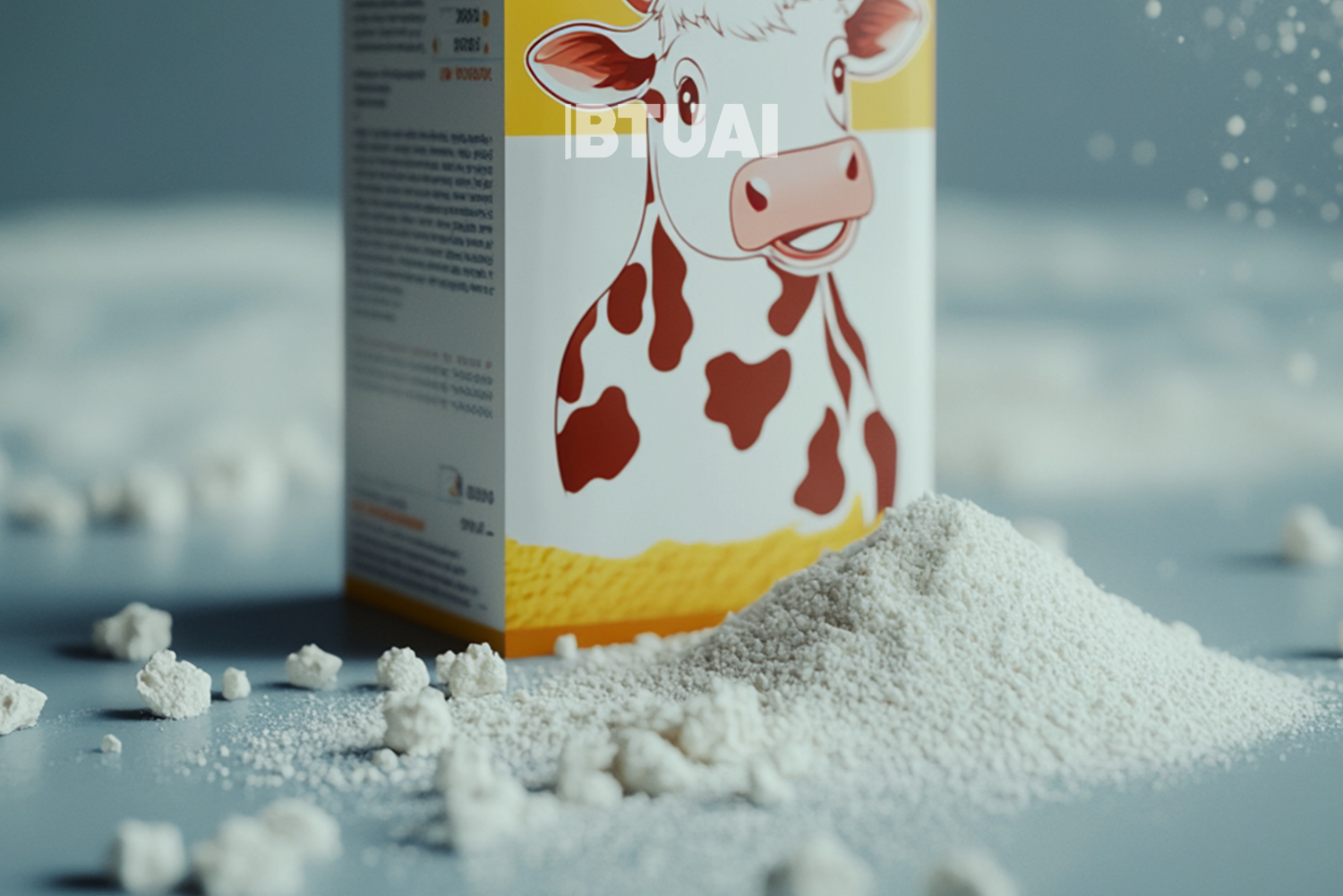Rising Imports of Dairy Substitutes in Georgia: Shifting Food Consumption Trends
In 2024, Georgia saw a significant rise in the import of dairy substitute products, reflecting changing consumer preferences and

In 2024, Georgia saw a significant rise in the import of dairy substitute products, reflecting changing consumer preferences and market trends. According to the National Statistics Office of Georgia, the import of milk powder grew by 8%, surpassing the 10,000-ton threshold for the first time, reaching 10,064 tons.
Interestingly, despite the increase in import volume, the total cost of imported dairy substitutes decreased. Georgia spent $23 million on these products in 2024, which is 6% less than in 2023. This decline suggests a drop in global dairy substitute prices, making imports more affordable for Georgian buyers.
Key Suppliers of Dairy Substitutes to Georgia
- Belarus remains the top supplier, exporting 6,109 tons of milk powder valued at $13.8 million. The country maintains its dominance in both volume and price competitiveness.
- Iran supplied 1,704 tons worth $3.8 million.
- Russia exported 1,199 tons, valued at $2.6 million.
- The Netherlands contributed 575 tons ($1.6 million).
- Germany shipped 241 tons ($671,000).
In addition to milk powder, imports of milk paste nearly doubled. Georgia imported 45 tons of milk paste in 2024, costing $316,240, compared to 23 tons ($145,110) in 2023.
- Finland was the leading supplier, providing 30 tons worth $218,500.
- Ukraine followed, supplying 11 tons at $73,900.
Why Is Dairy Substitute Import Rising?
The increasing imports of dairy substitutes highlight both economic and social shifts in Georgia:
- Insufficient Domestic Production – Local dairy production is not meeting demand, forcing the market to rely on imports.
- Shifting Consumer Preferences – Rising demand for international food products and plant-based alternatives is influencing market trends.
- Cost Factors – Local dairy production costs are increasing, making imported dairy substitutes a more cost-effective option.
- Market Competitiveness – International dairy alternatives, particularly from Belarus and Iran, offer affordable pricing compared to locally produced products.
What’s Next for Georgia’s Dairy Market?
Despite growing imports, Georgia still has potential to expand local dairy production and reduce dependency on foreign suppliers. With targeted investments in domestic dairy farms, modernization of production, and policy incentives, Georgia could strengthen its dairy industry while ensuring economic sustainability. However, consumer demand for imported dairy substitutes and global market trends will continue to shape the future of Georgia’s food sector.




